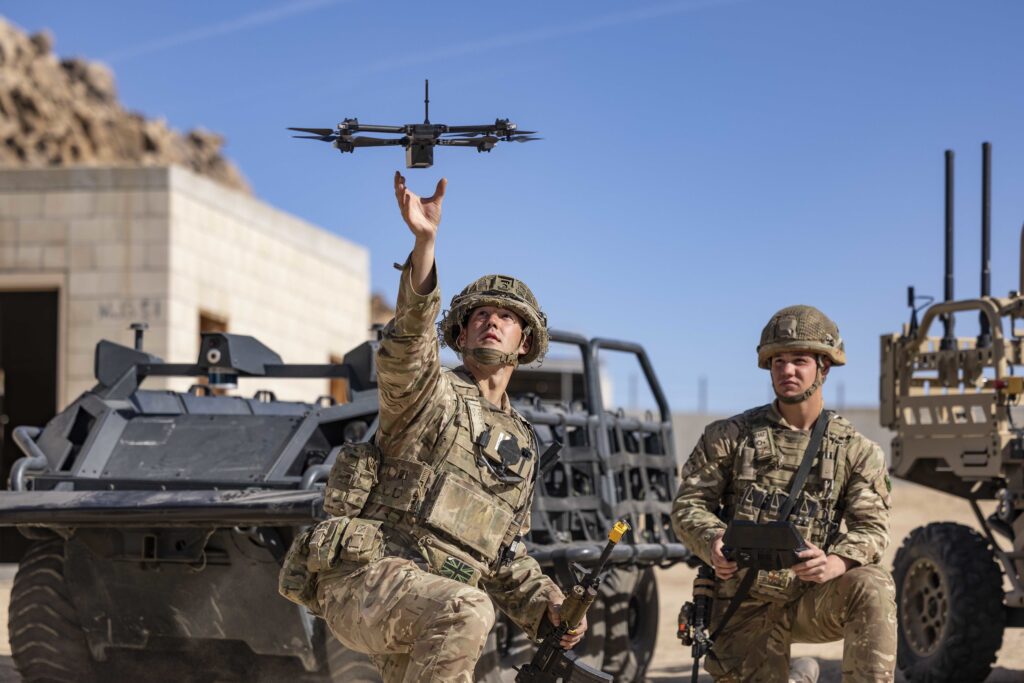The future of warfare is evolving rapidly with advancements in technology. Military forces are constantly seeking new ways to gain an edge over their enemies, leading to the development of cutting-edge military innovations. From autonomous weapons systems to cyber warfare, space-based weapon systems, and bioengineering, the next generation of military technologies is shaping the future of warfare. Soldiers may soon have access to technologies that enhance their physical and cognitive abilities, changing the face of combat. As these technologies continue to evolve, the landscape of warfare is likely to change, presenting new challenges and opportunities for military forces worldwide.
The Future of Warfare: A Look at the Next Generation of Military Innovations
Rapid Technological Advancements in Warfare
As technology continues to advance at an exponential rate, the future of warfare is also evolving at a rapid pace. Military forces around the world are constantly seeking new ways to gain a strategic advantage over their enemies, and this has led to the development of cutting-edge military innovations that were once thought to be only possible in science fiction. In this article, we will take a closer look at some of the next generation of military technologies that are shaping the future of warfare.
Autonomous Weapons Systems
One of the most significant advancements in military technology is the development of autonomous weapons systems. These systems are capable of performing tasks and making decisions on their own, without direct human intervention. This includes everything from unmanned aerial vehicles (UAVs) that can autonomously navigate and carry out missions, to ground-based robots that can engage in combat without putting human soldiers at risk.
Cyber Warfare
With the increasing reliance on digital technology in all aspects of society, cyber warfare has become a major concern for military forces around the world. Hackers can infiltrate and disrupt critical infrastructure, launch cyber attacks on government and military systems, and even manipulate public opinion through social media. To combat this threat, military forces are investing heavily in developing defensive and offensive cyber capabilities.
Space-Based Weapon Systems
The militarization of space is another area of innovation that is shaping the future of warfare. Satellites are used for everything from communication and intelligence gathering, to navigation and surveillance. Military forces are now looking to deploy space-based weapon systems that can destroy enemy satellites and disrupt their communications and reconnaissance capabilities.
Bioengineering and Human Enhancement
Advancements in bioengineering and human enhancement technologies are also changing the face of warfare. Soldiers may soon have access to technologies that can enhance their physical and cognitive abilities, making them faster, stronger, and more resilient on the battlefield. These technologies could include exoskeletons that enhance strength and endurance, neural implants for enhanced communication and decision-making, and even genetic modifications to enhance immunity and healing.
Conclusion
The future of warfare is being shaped by rapid technological advancements in autonomous weapons systems, cyber warfare, space-based weapon systems, and bioengineering. Military forces around the world are investing heavily in developing these next generation technologies to gain a strategic advantage over their enemies. As these technologies continue to evolve, the nature of warfare itself is likely to change, leading to new challenges and opportunities for military forces in the years to come.
